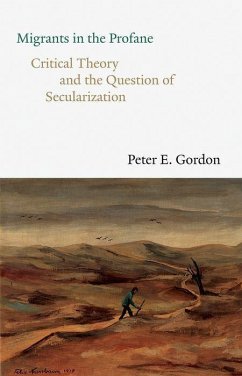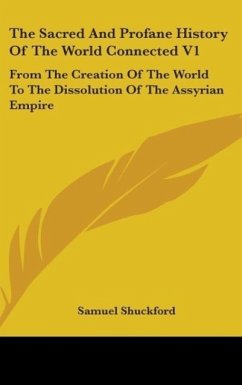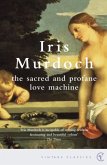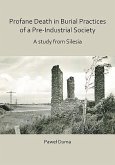An exploration of religion's role in secular, modern politics, written by a scholar of critical theory. This book takes its title from an intriguing remark by Theodor W. Adorno, in which he summarized the meaning of Walter Benjamin's image of a celebrated mechanical chess-playing Turk and its hidden religious animus: "Nothing of theological content will persist without being transformed; every content will have to put itself to the test of migrating in the realm of the secular, the profane." In this book, the author reflects on Adorno's statement and asks an urgent question: Can religion offer any normative resources for modern political life, or does the appeal to religious concepts stand in conflict with the idea of modern politics as a domain free from religion's influence? In answering this question, he explores the work of three of the Frankfurt School's most esteemed thinkers: Walter Benjamin, Max Horkheimer, and Theodor W. Adorno. His analysis offers an original account of the intertwined histories of religion and secular modernity. --
Hinweis: Dieser Artikel kann nur an eine deutsche Lieferadresse ausgeliefert werden.
Hinweis: Dieser Artikel kann nur an eine deutsche Lieferadresse ausgeliefert werden.








